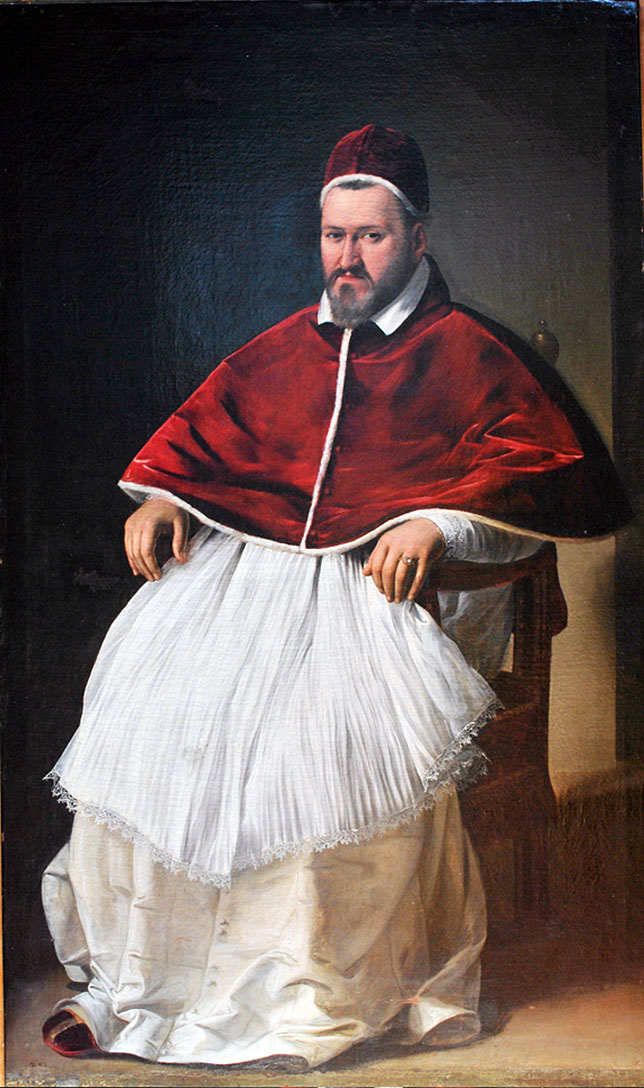The interdict on Venice
An editorial war

Pope Paul V (Wikicommons)
By the late 16th century, the Republic of Venice had become a distant memory of the powerful force it had once been in previous centuries. Now surrounded by Spanish dominance in Italy, the Serenissima had seen its influence over Europe wane. In 1606, Venetian authorities arrested two priests on charges of molestation and rape. The Papal States, in conflict with Venice, insisted that the two priests should be judged by ecclesiastical authorities rather than those of the Serenissima. This led to a renewed conflict, reigniting the eternal debate between the temporal power of the Republic and the spiritual authority of the Church. The Council of Ten, Venice's highest governing body, refused to hand over the two priests to the Church, prompting Pope Paul V to threaten an interdict.
The interdict was a form of collective excommunication that would affect the entire Republic, making it impossible to celebrate the sacraments. When Venice refused to comply, the Pope enforced the interdict, resulting in a year marked by fears of a new conflict involving the powers allied with Rome and those supporting Venice. The Papal States had the backing of the Spanish Empire, while the Republic enjoyed favorable relations with England. In this perpetual stalemate, Paolo Sarpi, a theologian and polemicist, stepped in to support Venice. His task was to respond to the written admonitions from the Papal States. Sarpi highlighted the Vatican’s decline and its increasingly overbearing influence on Christian life.
The interdict ended in 1607 thanks to France’s mediation, which resulted in the two priests being handed over to French authorities and later taken to Rome. Venice’s decision to resist the Church’s authority in this case was later cited as an example in anti-religious arguments during the early Enlightenment period.
J.A. Eberhard, Storia delle controversie tra Papa Paolo V e la Repubblica di Venezia, Naples, 2012
Filippo De Vivo, Patrizi, informatori, berbieri. Politica e comunicazione a Venezia, Feltrinelli, Milan, 2012
2025-05-02
Salvatore Ciccarello
